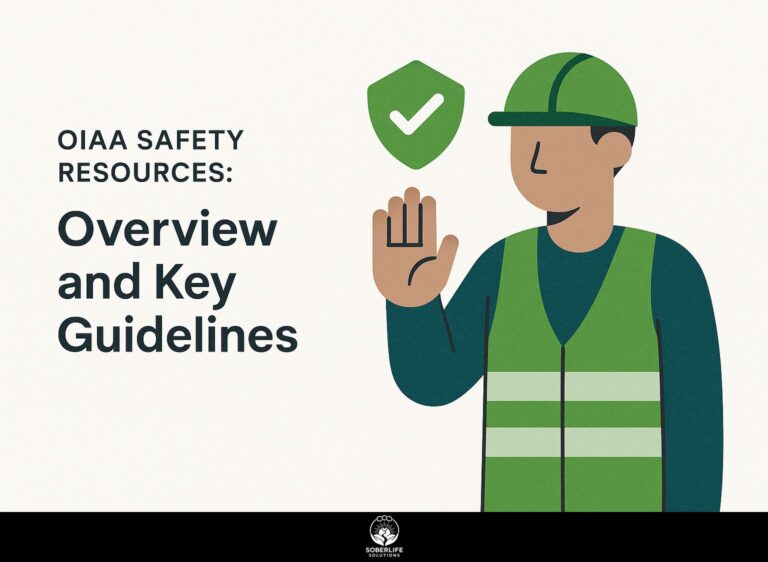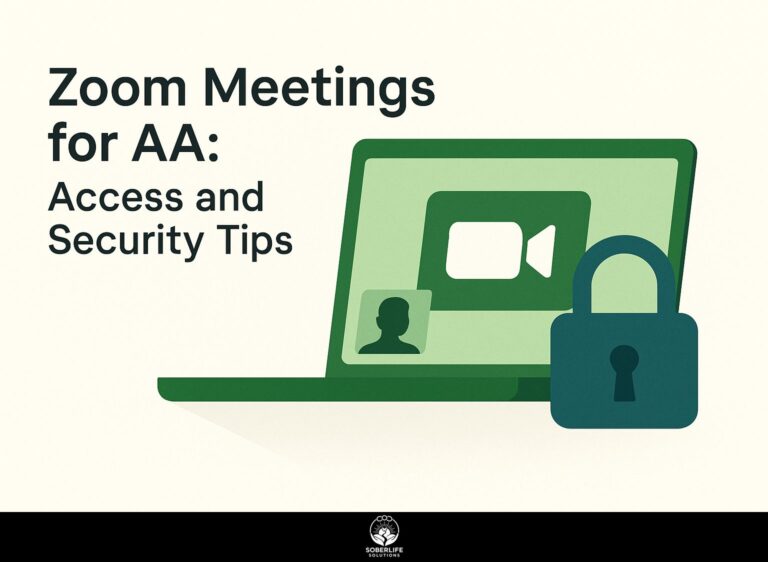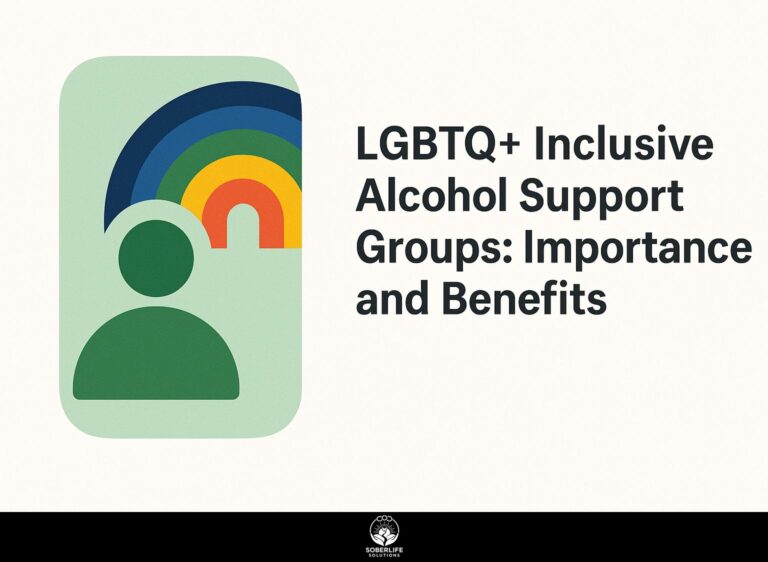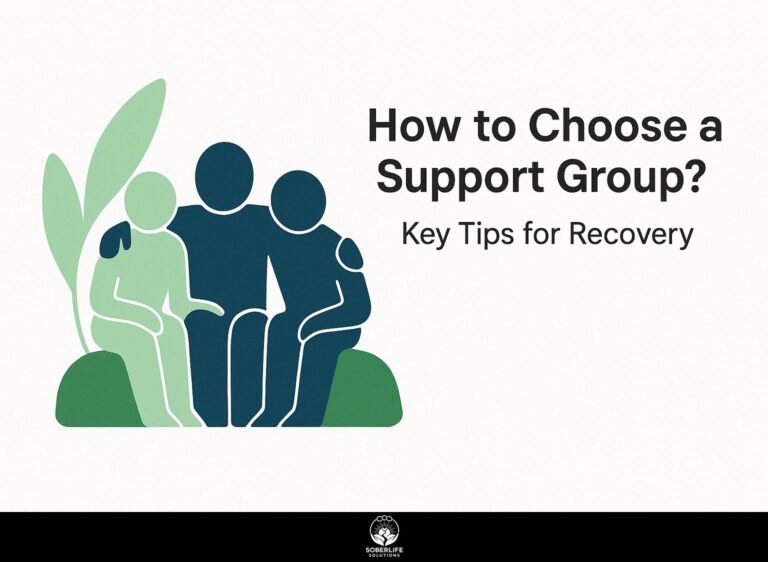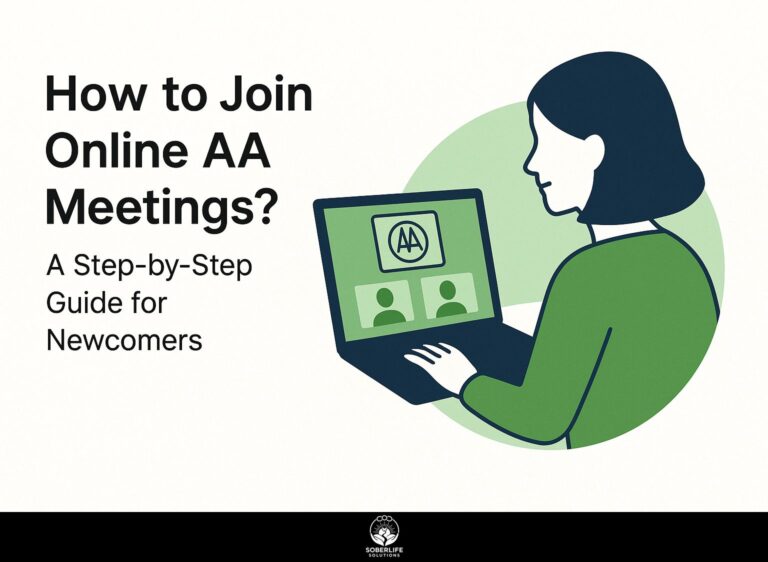How to Join Online Support Groups: 5 Steps for Alcohol Recovery
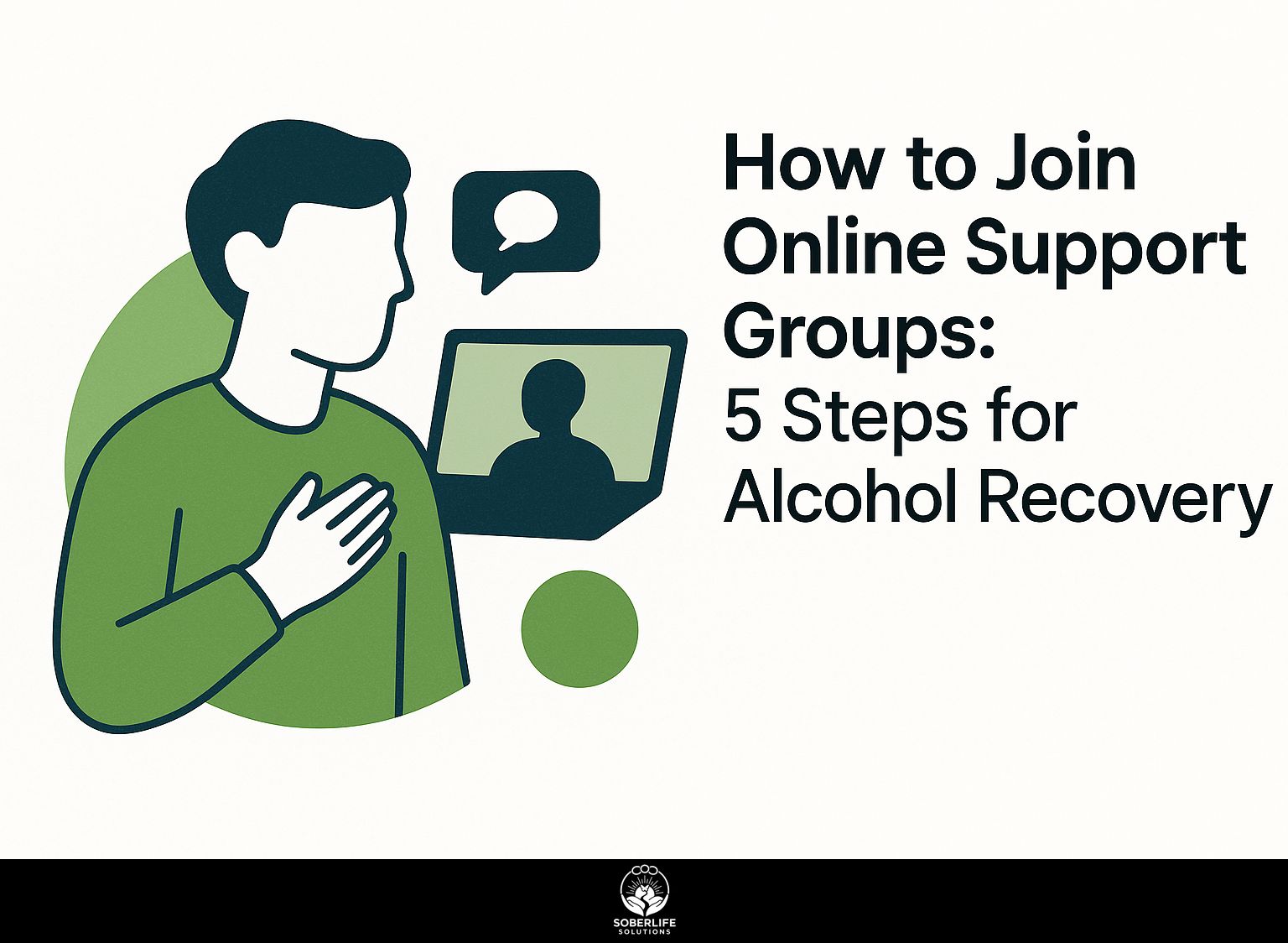
Are you prepared to begin your path to a balanced life during alcohol recovery? Joining online support groups like SMART Recovery and Alcoholics Anonymous offers a place free of judgment to address addictive behaviors using research-based methods. This guide will help you with five key steps to link up with helpful groups and resources, leading to better well-being-especially with upcoming events like the International Convention 2025.
Key Takeaways:
Importance of Support in Alcohol Recovery
Support networks are important; studies show that joining mutual-support groups can improve treatment success rates by 50%.
For instance, Alcoholics Anonymous (AA) boasts a 36% success rate among its members, significantly improving outcomes for many who struggle with addiction.
Studies show that individuals who go to SMART Recovery meetings often experience fewer cravings and learn better methods to deal with difficulties. In fact, research findings published by ScienceDirect highlight the effectiveness of such mutual support groups in addiction recovery, underscoring their role in teaching coping strategies.
These groups build relationships and shared experiences, letting participants learn from each other. Meeting often, either face-to-face or online, can greatly improve accountability and drive, making the path to recovery feel less lonely and easier to manage. To understand this dynamic better, our insights into peer support groups and their benefits reveal how these networks foster lasting change.
Step 1: Research Available Online Support Groups
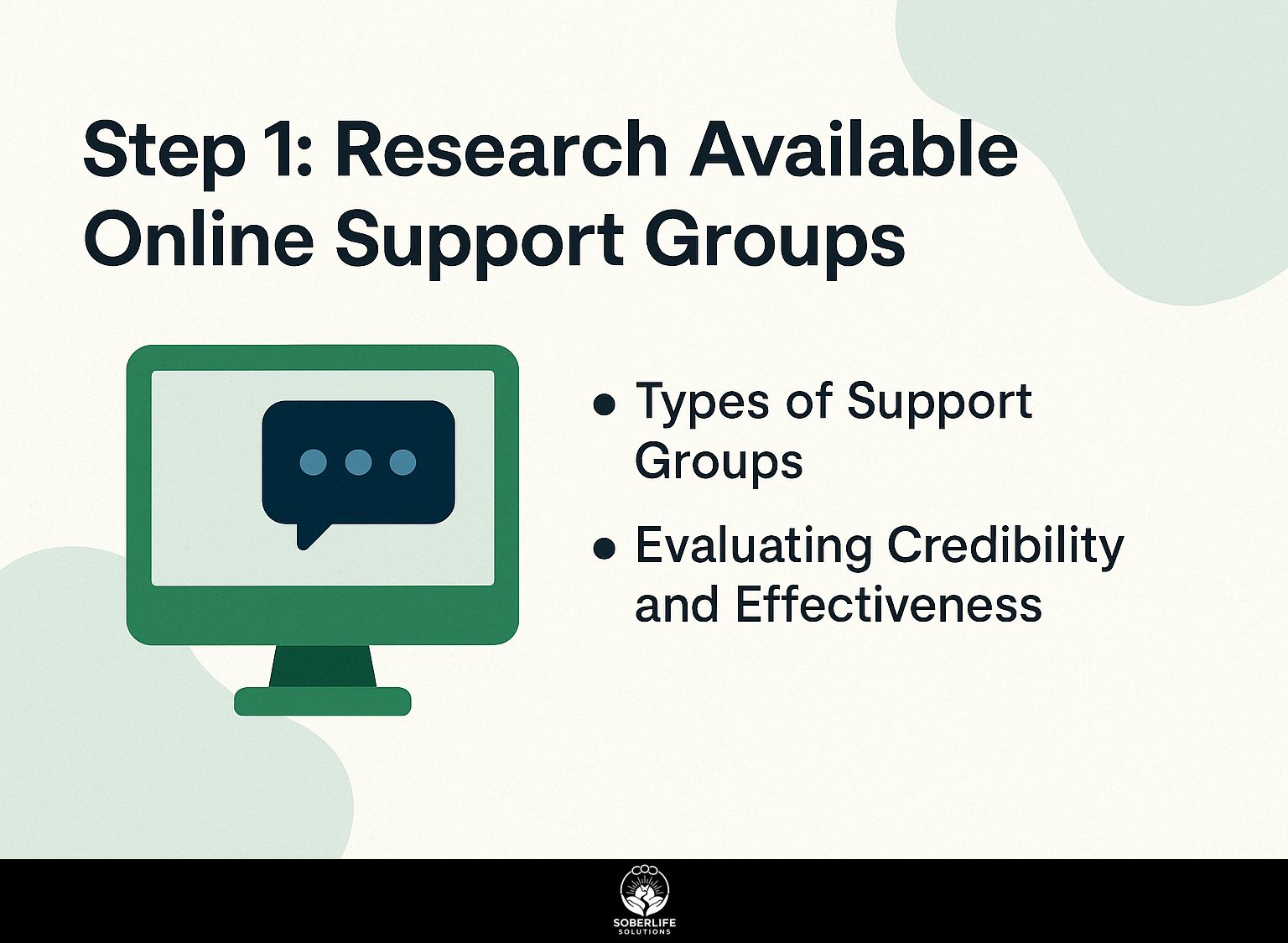
Picking the best online support group is important and starts with careful research on the choices that fit your needs.
Types of Support Groups
Different support groups have their unique approaches. For instance, SMART Recovery emphasizes personal responsibility, whereas Alcoholics Anonymous uses a 12-step plan.
SMART Recovery assists people in changing their actions by using cognitive-behavioral therapy methods to handle their urges and habits. Sessions encourage personal responsibility and employ tools like the ‘4-Point Program,’ which includes building motivation and coping with urges.
Conversely, Alcoholics Anonymous (AA) supports members through a structured 12-step program that emphasizes spiritual growth and community support. AA meetings create a supportive environment where people can talk about their challenges and get support from others. For a comprehensive understanding of how external factors like financial concerns can affect your recovery journey, our detailed guide on insurance laws for rehab offers valuable insights.
Both approaches provide helpful resources designed for specific recovery needs.
Evaluating Credibility and Effectiveness
Assessing the credibility of support groups involves checking their affiliations with recognized organizations like NIAAA and reading reviews for effectiveness. As an example, the HelpGuide offers detailed insights into the types, benefits, and expectations of support groups, which can be a valuable resource in this endeavor.
Check their methods by finding groups that use practices backed by scientific research in their programs.
Check for credentials of facilitators; those with experience in mental health or addiction counseling often provide more reliable support.
Think about joining a meeting to watch how the group interacts and to help create a friendly environment.
Many trustworthy organizations share member stories online, which can show what past participants have experienced and achieved.
Step 2: Choose the Right Group for You
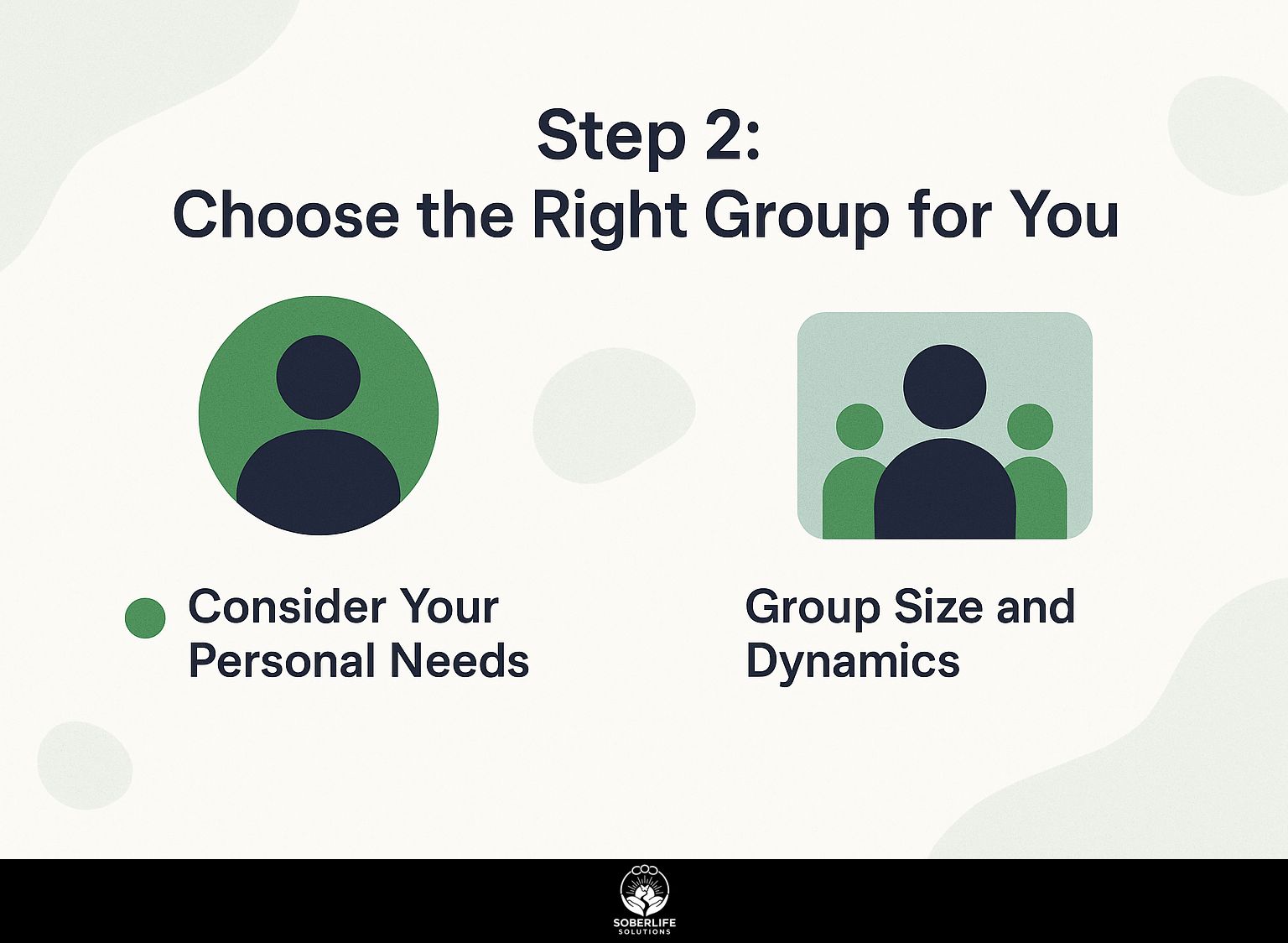
Choosing the right support group means thinking about what you need and how the interactions in the group might affect your recovery.
Consider Your Personal Needs
Figure out your recovery goals-such as needing emotional help, accountability, or certain treatments-to help you choose the right group.
Reflect on what you hope to achieve. For instance, if emotional support is your priority, look for groups led by trained facilitators who specialize in that area. Consider resources like Mental Health America or local community centers.
If accountability is key, choose groups that include regular check-ins and goal-setting sessions. Use tools like the My Recovery app to monitor your progress and connect with people.
Connecting with people who have had similar experiences can greatly improve your path. Related insight: Recovery Stories offer valuable perspectives on how others have navigated their journeys.
Group Size and Dynamics
The number of people in a group can greatly influence involvement; smaller groups usually make it easier to form closer relationships, while larger groups provide more different viewpoints.
Smaller groups, usually with 5-10 people, create a comfortable setting where people feel free to talk openly and build closer connections. This format is ideal for brainstorming sessions where trust facilitates creative sharing.
On the other hand, larger groups (more than 15) can bring varied opinions to discussions, although some people might not get a chance to speak.
To find your ideal group size, consider a trial period: start with a small group setting and gradually expand while assessing engagement levels and participant satisfaction. This method helps you improve interactions using actual feedback.
Step 3: Register and Create an Account
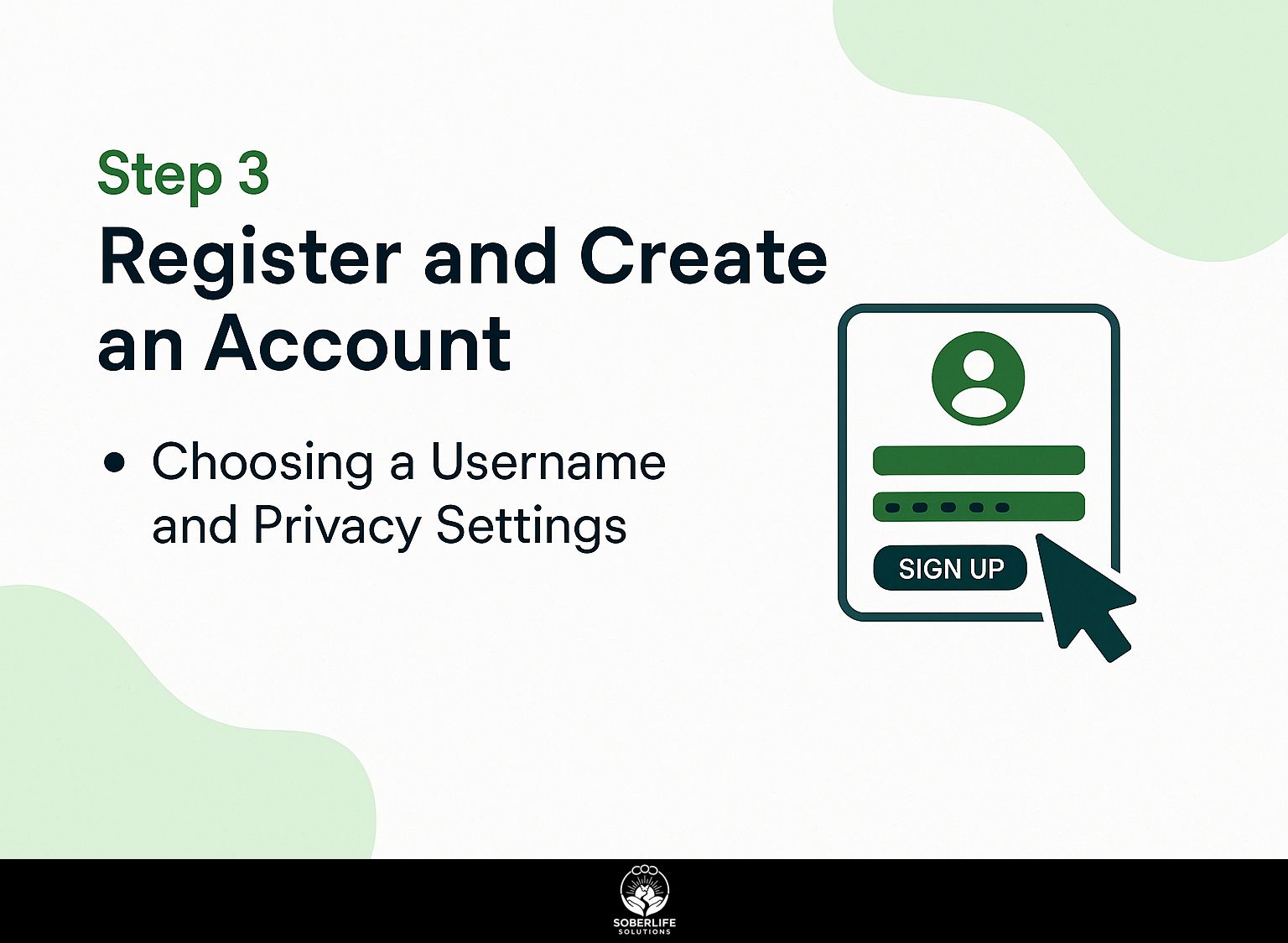
Signing up for an online support group usually means setting up an account, which is an important first step to join your selected community.
Choosing a Username and Privacy Settings
When picking a username, think about staying anonymous and showing your identity-many people choose nicknames that symbolize their recovery process.
To pick a good username, consider using parts of your identity or experiences, like ‘Hopeful_Hiker’ or ‘Sober_Scribe.’ These names show what you care about while keeping your privacy.
Review the privacy settings on the sites you use; make sure your profile can’t be found by your real name. Many platforms allow you to customize visibility settings, so consider restricting contact requests to friends only.
Regularly check your list of contacts to improve your comfort and security during online interactions.
Step 4: Participate Actively in the Group
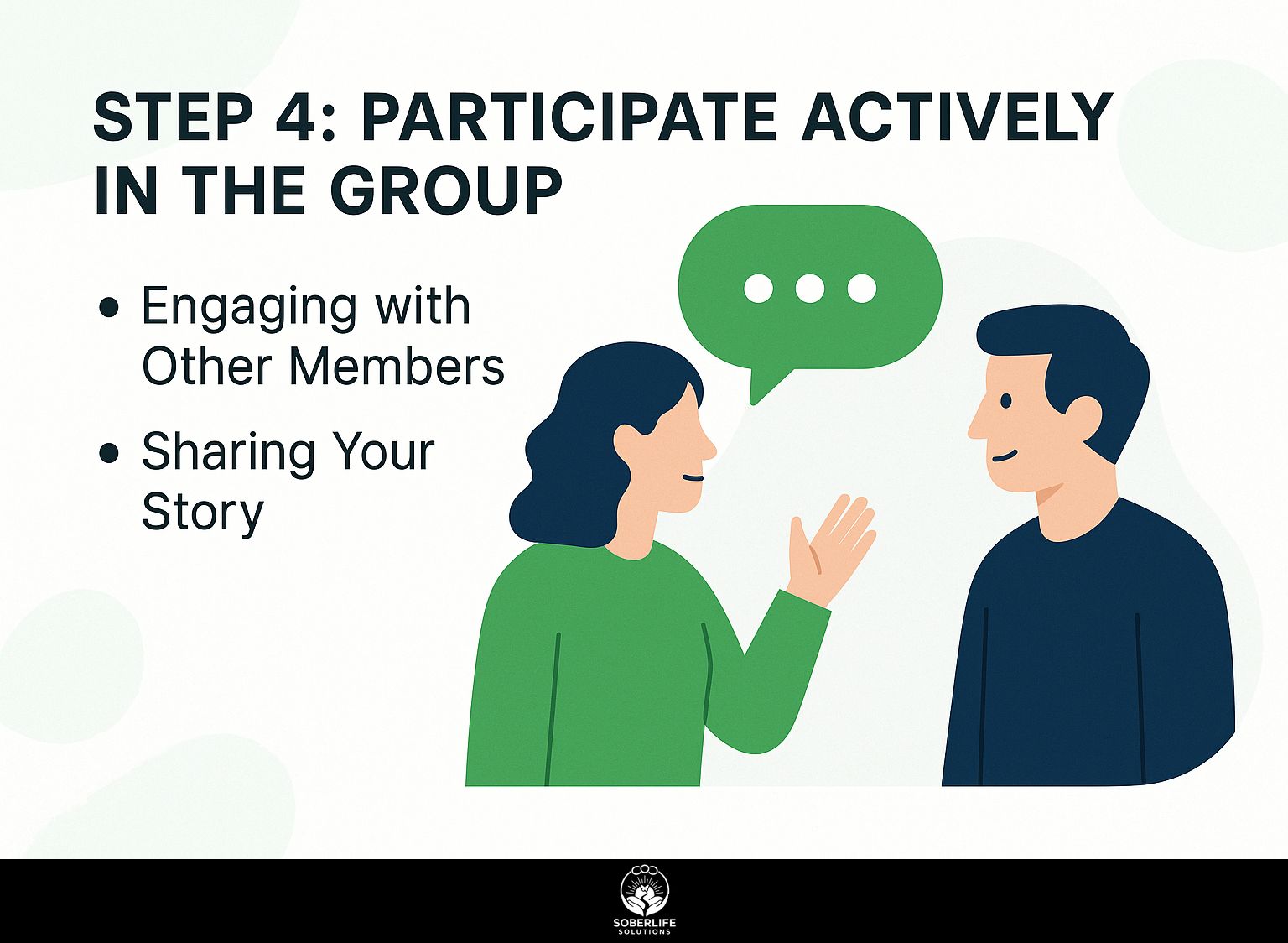
Joining support groups can help with recovery by building relationships that strengthen dedication to staying sober and self-improvement.
Engaging with Other Members
Joining discussions with others, asking questions, and sharing your thoughts can improve your experience and help you learn key details about recovery.
To maximize your interaction, consider asking open-ended questions like “What strategies have you found helpful this week?” This invites detailed responses.
Actively participate in discussions by sharing your own experiences; for example, you might say, “I struggled with cravings but found journaling helped.” Offer support by acknowledging others’ challenges, like saying, “I can relate to that; it’s a tough situation.”
This creates a supportive environment where members feel valued, enhancing collective growth and learning.
Sharing Your Story
Talking about how you overcame challenges can motivate others and build a supportive group, helping your story connect with others and make a difference.
To effectively frame your narrative, consider these tips:
- Start with a brief introduction outlining your challenges to establish context.
- Then, describe important times in your life-pick particular events that show your feelings and strength.
- Be open about challenges; being genuine can connect strongly with others.
- Conclude with lessons learned or advice you’d give to others in similar situations.
Tools like journaling can help clarify your thoughts, while support groups offer real-time feedback. Remember, your story is a powerful catalyst for connection and healing.
Step 5: Utilize Additional Resources
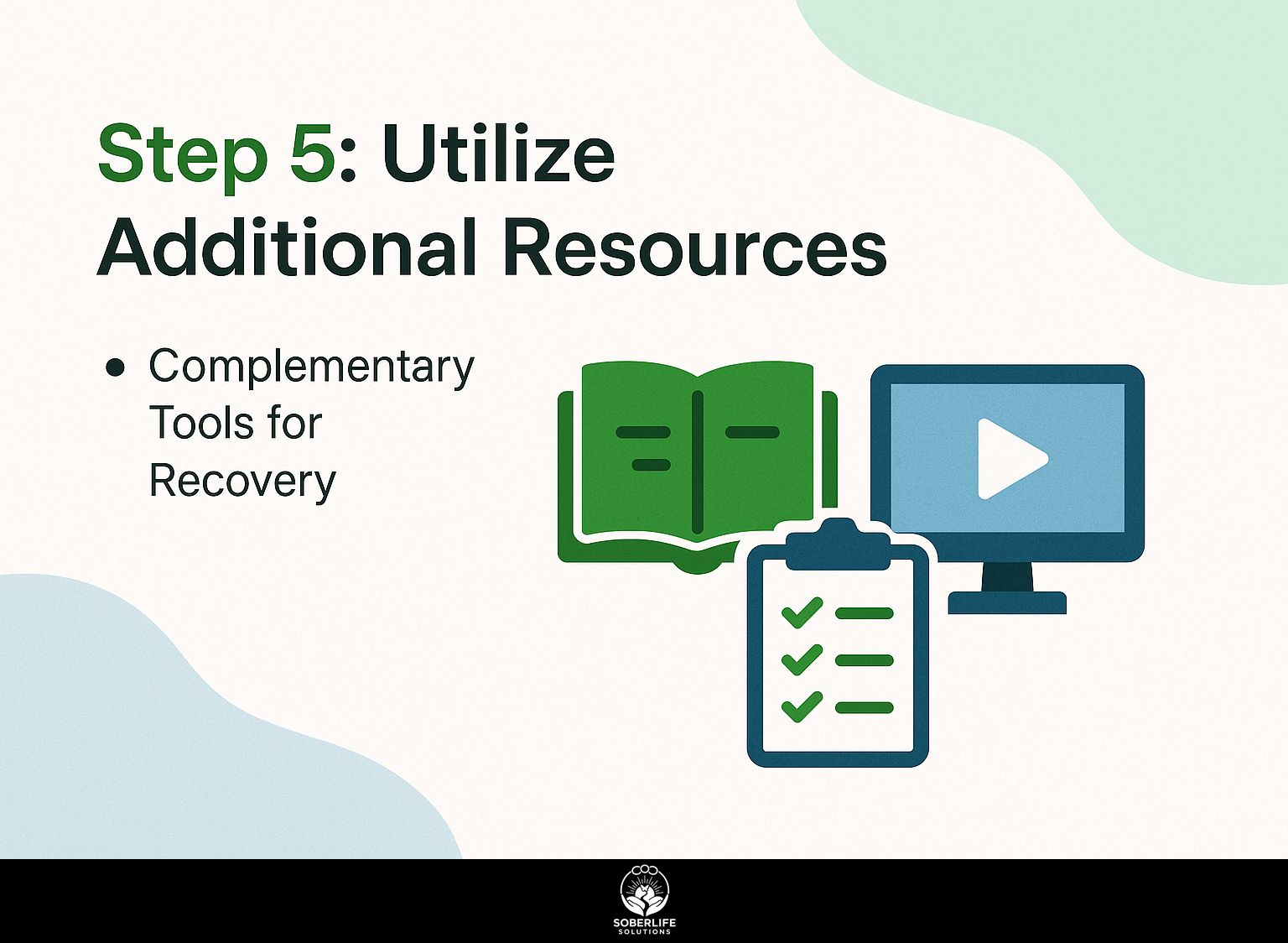
Improve your recovery with extra tools like the SMART Recovery Handbook and mobile apps that provide continuous support.
Complementary Tools for Recovery
Tools like the Alcohol Treatment Navigator and different mobile apps give important help and information specifically for your recovery needs.
For personal help, try the Alcohol Treatment Navigator. It helps you find local services, programs, and support groups based on your zip code.
Apps like Sober Grid facilitate community connection, allowing you to share experiences and tips with others in recovery.
Another helpful choice is SMART Recovery, which offers online meetings and a simple plan to build coping skills.
These resources support your recovery, help you connect with others, and keep you accountable, making sobriety more manageable. For additional guidance, SAMHSA (Substance Abuse and Mental Health Services Administration) provides comprehensive information on various treatment options and support systems. If you’re interested in enhancing your recovery journey, you might find value in exploring sober support systems that help.
Frequently Asked Questions
1. What are online support groups and how do they help with alcohol recovery?
Online support groups are websites where people look for help and guidance as they try to stop drinking alcohol. These groups provide a safe and non-judgmental space for individuals to share their experiences, struggles, and successes. Online support groups allow people to meet others who share similar experiences, get emotional help, and find useful information and tools for their recovery.
2. How do I find online support groups for alcohol recovery?
You can find many online support groups for alcohol recovery. You can start by doing a simple search online using keywords such as “online support groups for alcohol recovery” or “virtual recovery community”. You can also ask for recommendations from your therapist, doctor, or other individuals who are in recovery. Many organizations and treatment centers have online support groups. Check their websites for more details.
3. Can anyone join an online support group for alcohol recovery?
Yes, most online support groups welcome anyone looking for help and support in their recovery process. All you need is internet access and a willingness to participate. These groups are open to individuals of all ages, backgrounds, and stages of recovery. It is important to remember that online support groups should not replace professional treatment, but rather serve as a supplemental form of support.
4. What are the five steps to joining an online support group for alcohol recovery?
The five steps to joining an online support group for alcohol recovery are as follows:
1. Find a suitable group: Research and find a group that aligns with your needs and preferences.
2. Read the guidelines: Before joining, make sure to read the group’s guidelines and rules.
3. Request to join: Once you find a suitable group, click on the “Join” button and wait for approval.
4. Introduce yourself: Once you are approved, introduce yourself to the group and share your reasons for joining.
5. Participate and engage: Actively participate in group discussions, share your experiences, and offer support to others when possible.
5. What are some benefits of joining an online support group for alcohol recovery?
Joining an online support group for alcohol recovery can offer a range of benefits, including:
– Access to a supportive community
– Opportunity to connect with others who understand your struggles
– Emotional support and encouragement
– Sharing and learning from others’ experiences
– Accountability and motivation
– Access to helpful materials and details
– Flexibility and convenience of attending meetings from anywhere with internet access.
6. How can I have a good experience in online support groups for alcohol recovery?
To create a good environment in online support groups for alcohol recovery, it is important to:
– Follow the group’s guidelines and rules
– Respect others’ privacy and confidentiality
– Be open-minded and non-judgmental
– Share your experiences and struggles honestly
– Offer support and encouragement to others
– If you need help, ask a licensed therapist or professional.

